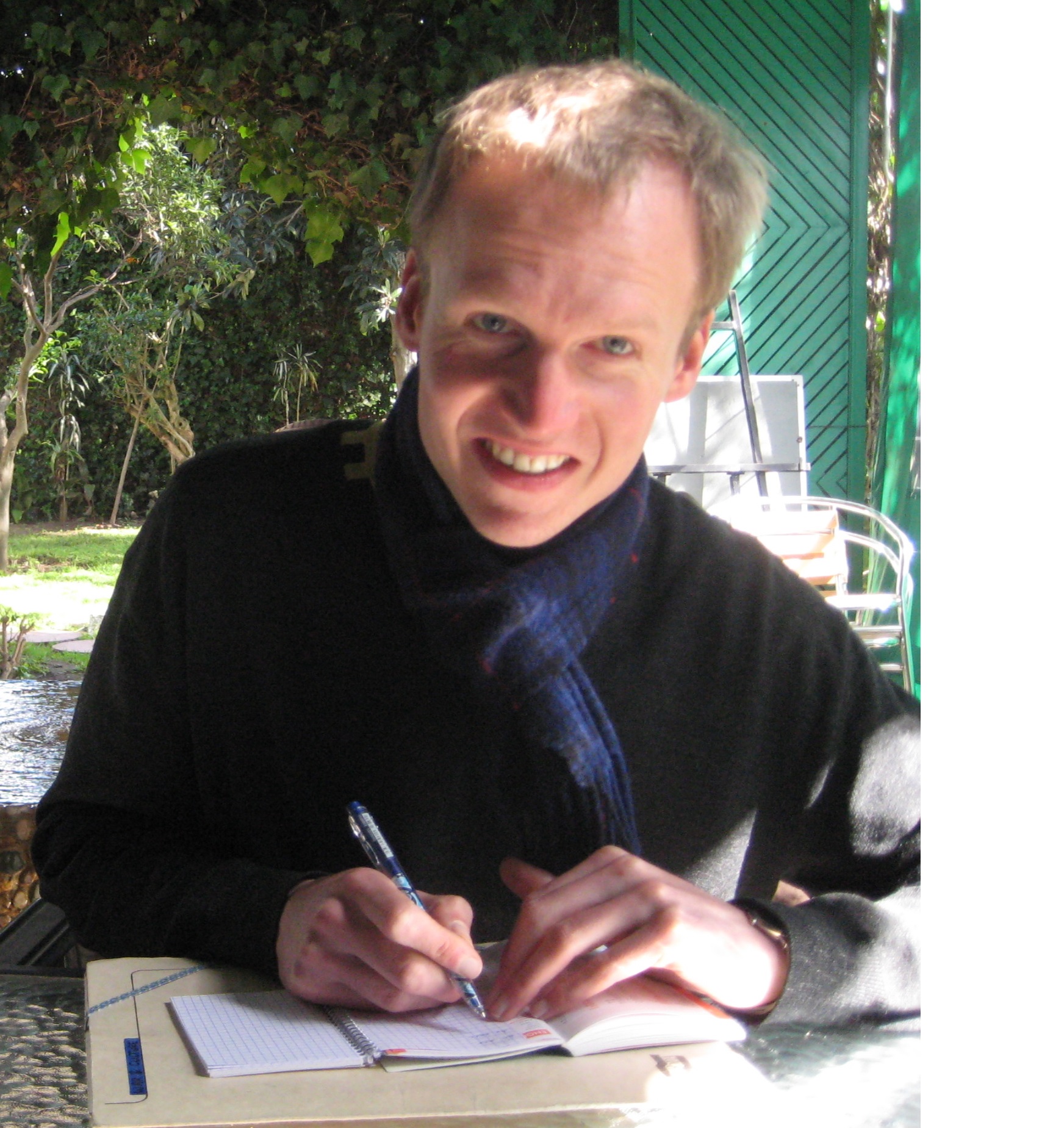Alistair Hunter is the winner of the 2013 IMISCOE Maria Ioannis Baganha Dissertation Award. His dissertation entitled “Retirement Home? France’s Migrant Worker Hostels and the Dilemma of Late-in-Life Return”, was defended at the University of Edinburgh in December 2011.
“This is a genuinely outstanding piece of work”.
These words of one of the evaluators convey the overall opinion on this thesis. From the topic – retirement/ageing in migration – to its approach, the methodology and data sources used, then ultimately to the findings, this thesis is highly original. It deals with a genuinely innovative topic that has hardly been researched before: the lives of ageing male labour migrants who are still living in workers’ hostels in France and their transnational rhythms back in North and West Africa. It is an extraordinarily sensitive multi-sited ethnographic portrait in which the author not only did fieldwork in villages in Morocco and Senegal but also took the imaginative (and possibly unique) step of living in one of the hostels in order to get ‘inside’ the lives of his research participants.
The argument progresses in near perfect fashion, each stage building clearly on the stage before. Research questions are clearly set out and are followed by an exemplary analysis of the existing literature that combines a breadth of interest with a consistent focus on the central concerns of the thesis. Original empirical material is based on extensive fieldwork in migrants’ hostels in France and on journeys back, at the invitation of migrants, to towns in Morocco and Senegal. The life story and ethnographic methods are in turn justified by the central concerns of the thesis. Combined with an extremely imaginative use of visual methods, the ethnographic approach generates a rich data source that is woven extremely effectively into the writing. Empirical chapters are lively but firmly grounded in earlier theoretical discussion.
The thesis is successful in bringing together a number of distinct conceptual frameworks thus opening new doors to understanding the links between migration policy, social policy, return migration trends, immigrant incorporation, social inclusion/exclusion, transnationalism, the meaning of “home”, gender roles (labour market, family), ageing, and dependency.
Ethnographic methods have been efficiently used to build an in-depth view of outcomes for this retired migrant population from the perspective both of institutions and migrants. The comparative dimension of the research, in appropriately exploring similarities and contrasts in outcomes for Moroccan and Senegalese retirees, strengthens the interpretative framework of the thesis. Through use of his original and thorough methodology, the author has produced a number of very important findings, including: the social mechanisms underlying different forms of transnational circular migration, transnational family and care roles, and also the positive and negative impacts of new communication technologies. The reinterpretation of Luhmann in relation to home in the conclusion is strong enough to have a theoretical impact on the field of critical studies of home.
The dissertation is beautifully written and makes enjoyable reading. The writing is consistently of a magnificent quality and full of very clever turns of phrase, such as ‘timetabled lives’ which convey complex ideas effectively and succinctly. For a fuller profile of Dr Hunter, see https://www.sps.ed.ac.uk/staff/politics/alistair_hunter.
Evaluation
In February of this year, the Award Committee began evaluating the 18 applications that were submitted to the IMISCOE Network Office. After due deliberation, the Committee devised a 5-applicant shortlist (see below), based on which manuscripts best met the criteria of the award. Each full-length shortlisted manuscript was subsequently dispatched to three referees comprising one Committee member and two external experts in the field selected by the Committee and the Network Office. Referees were asked to evaluate the dissertation in five areas: quality of research, originality, theoretical, conceptual, methodological and/or empirical contribution, potential for publication, and impact. For the five areas, referees were asked to give a score from 1 to 10 (10 being the highest) and were given the opportunity to provide additional comments.
After due consideration of all reviews the jury unanimously decided award the prize to Alistair Hunter´s thesis.
Other shortlisted dissertations
1. Cora Leonie Mezger Vader, Department of Economics, University of Sussex
Essays on migration between Senegal and Europe: Migration attempts, investment at origin and returnees' occupational status 2.
2. Lauren Wagner, Department of Geography, University College London
Negotiating diasporic mobilities and becomings: Interactions and practices of Europeans of Moroccan descent on holiday in Morocco
3. Alexandra Lewicki, School of Sociology, Politics and International Studies; University of Bristol Social justice through citizenship? The politics of integration in Germany and Great Britain
4. Philipp Schnell, Institute for Ethnic and Migration Studies/Amsterdam Institute for Social Science Research; University of Amsterdam
Educational mobility of second-generation Turks in cross-national perspective
IMISCOE Award Committee
Dr. Rosa Aparicio, Chair
Dr. Pieter Bievelander
Dr. Han Entzinger
Dr. Paweł Kaczmarczyk
Dr. Russel King
Albert Kraler, MA
Dr. Endre Sik
Dr. Janine Dahinden

